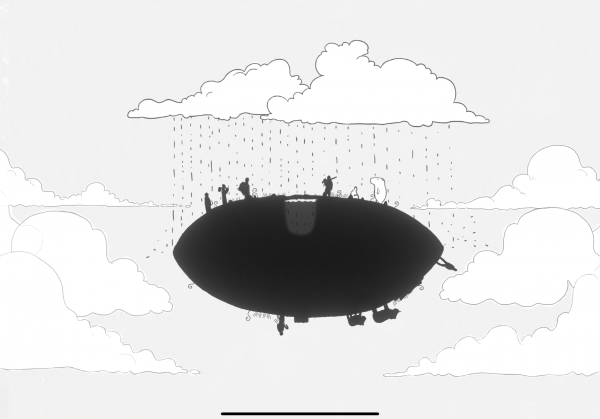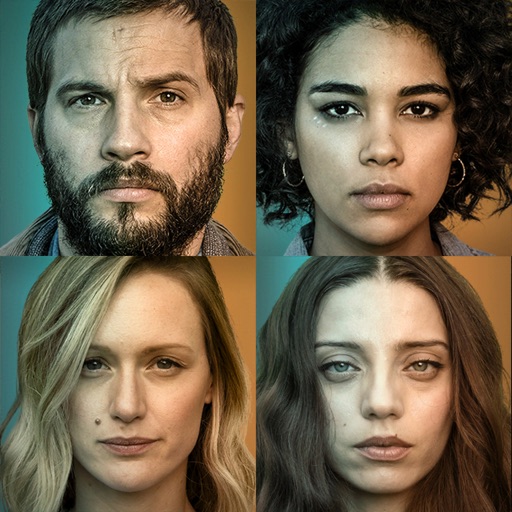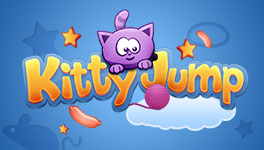Arrog review

I like games that don't feel the need to explain themselves or overstay their welcome, but I have my limits. Arrog, a mysterious monochromatic puzzle adventure test those limits in more ways than one. It may offer up some gorgeous visuals and a haunting soundtrack, but those barely have room to create a mood before the game ends, leaving you wanting.
Explore your dreams
Arrog is a surreal experience where you drift from scene to scene solving light puzzles. At one moment, you may be wandering through a violent rain storm before being whisked away to tall cloudy mountaintop observatory, for example. To progress between these scenes, you may have to solve a rotating block puzzle or drag the right piece of a line to a gap to connect two points.
It's really hard to tell what any of these scenes in Arrog mean or how they're connected. There are capybaras and people appearing in all of them, but why that is or who they are is never really explicitly stated. With some careful attention though, you can piece together some kind of narrative arc by the time you reach the game's end (or, you can read the App Store description which gives some more direction as to what is happening).
Follow the signs
Arrog's biggest strength is its visual style, which composes scenes of what look like hand-made stop-motion animations. Every character's outline is uneven and shifts slightly for every frame. Even some solid-colored backgrounds have stroke and smear marks that warp and twist over the course of a scene. This look enhances the game's dream-like nature and makes it a pleasure to look at the whole way through.
When it comes to the puzzles, though, Arrog stumbles a little bit. None of the things the game asks you to do are particularly challenging, nor are they memorable. Most of them are standard puzzle archetypes that you move on from shortly after starting them. It's a choice that definitely helps you maintain momentum throughout Arrog, but it also ends up making most of the game feel like busywork.

ВЇ_(гѓ„)_/ВЇ
By the time I reached the end of Arrog, I was really confused. The story aimlessly wandered to a simple conclusion, the puzzles I solved along the way were nothing special, and not a whole lot of time had passed. In less than an hour, I was staring at the game credits wondering what happened.
Again, I'm not opposed to short games, and I have no problem wading in narrative ambiguity, but Arrog's brand of both doesn't do enough work to justify these choices. Whatever enjoyment I got from Arrog came from watching it animate, and everything else felt like fodder.
The bottom line
It's ultimately hard to recommend Arrog. As much as it seems committed to a specific vision, it doesn't do a good job at communicating what that vision is. And, just as it feels like you're digging at what it has to say, the game ends. There is beauty in Arrog, for sure, but without the proper context or substance surrounding it the whole thing falls flat.


















